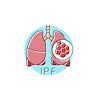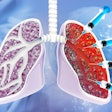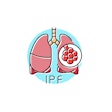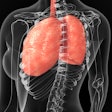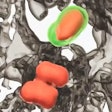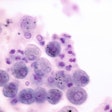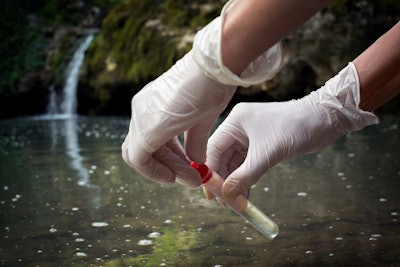
A new study, published in the October 2023 issue of Environmental Epidemiology, considers a connection between drinking water and an increased risk of lung infections in people who have cystic fibrosis (CF). Although the results indicate a possibility of acquiring bacterial pulmonary infections upon consumption of drinking water with certain trace metals, additional studies are required to declare an official causal relationship between the two.
The study comes out of the National Institute of Allergy and Infectious Diseases, part of the National Institutes of Health (NIH). Its objective was to assess trace metals in the U.S. municipal water system to see if high levels of specific metals or minerals produced nontuberculous mycobacteria (NTM) pulmonary infections in people who have CF. NTM infections are the most common type of illnesses associated with drinking water.
This particular study built on prior research that demonstrated the likelihood of certain trace metals in the environment contributing to an increase of NTM in water. Mycobacterium avium complex (MAC) and M. abscessus are the leading forms of NTM bacteria found in the United States. Both are associated with people who have CF, or other lung diseases, and are at higher risk of infection.
According to its results, the population-based, case-control study found that the presence of sulfate and vanadium in drinking water was positively linked with MAC, and the presence of molybdenum in drinking water was positively linked with M. abscessus. This is based on data from the Cystic Fibrosis Foundation Patient Registry and nearly 3,900 people living with CF and located in areas where at least 50% of trace metal water data was available. This included the following states: Arizona, California, Colorado, Connecticut, Maine, Massachusetts, Nevada, New Mexico, Rhode Island, Utah and Wyoming. Of the people whose data was included, 484 had MAC and 222 had M. abscessus.



